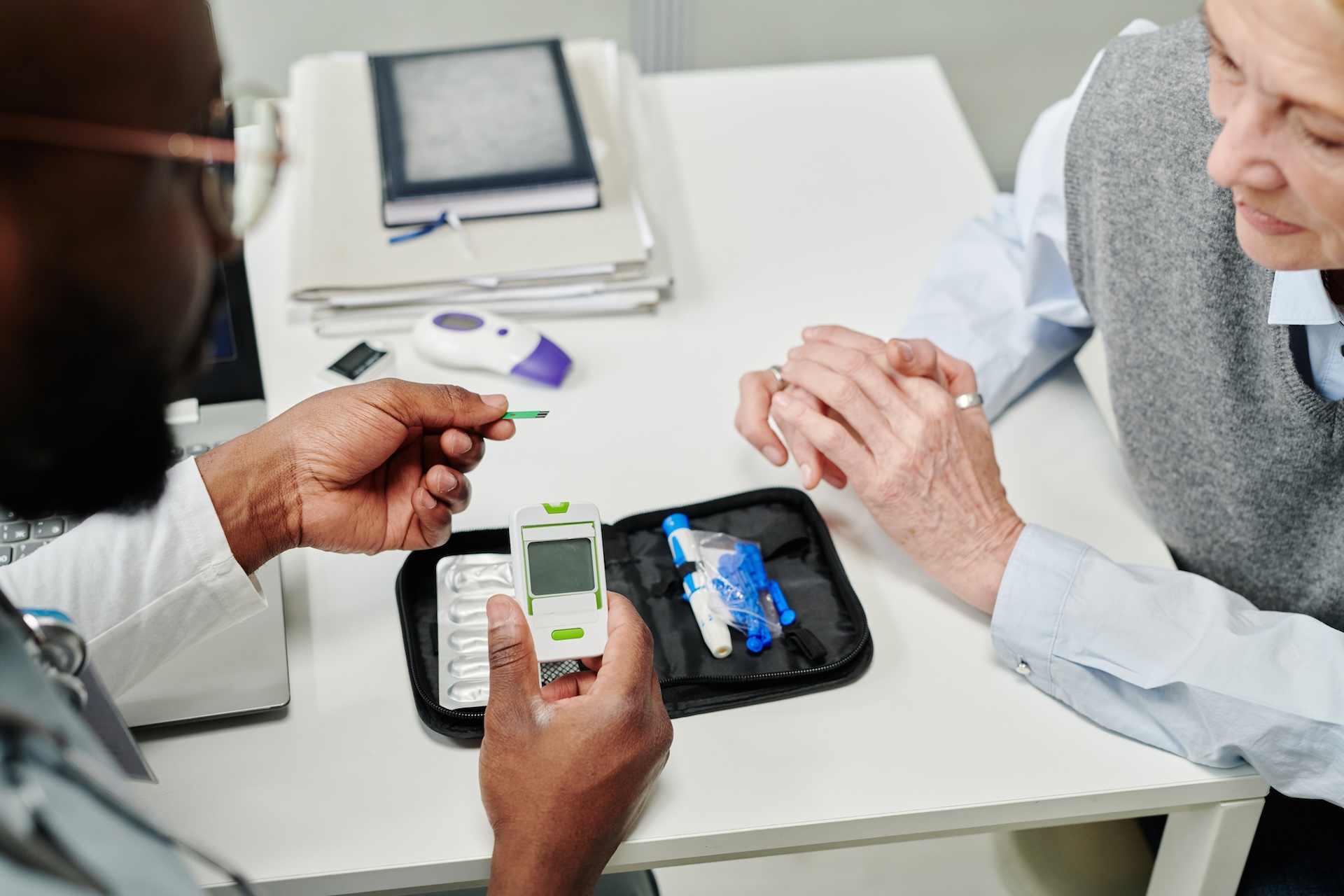
Best Practices for Building Resilience in Pharmacy Staff
Pharmacy practice has significantly evolved over the years. As healthcare becomes more complex and patient needs more diverse, pharmacists are continually required to adapt and expand their roles. This adaptability is put to the test during times of crisis, such as we saw during the global pandemic.
During such periods, pharmacists are required to continue providing essential services, often taking on new and more demanding responsibilities. The ability to adapt rapidly and effectively to changing circumstances is the cornerstone of effective pharmacy practice. So what are some practical suggestions for improving pharmacy staff’s resilience in pharmacy practice?
Embrace Technology
Technology has been rapidly influencing pharmacy practice, in particular, tools that allow pharmacists to manage increasing workloads and communicate effectively with patients.
Pharmacies that have invested in technology like online refill services or central fill systems are better equipped to handle the surge in workload during a crisis. Additionally, pharmacists who are comfortable using these technologies report feeling more in control of their workflow.
Conversely, pharmacies without such systems can quickly become overwhelmed. Embracing technology and fostering digital literacy amongst pharmacists is essential for building resilience and adaptability.
Provide Clear Guidance
During a crisis, pharmacists are often inundated with information from various sources, leading to confusion and uncertainty. Clear and practical guidance from trusted sources can help pharmacists navigate these challenges.
Pharmacists often rely on regulatory bodies and professional associations for reliable information, but the manner in which this information is communicated is crucial. Practical, clear, and specific guidance that tells pharmacists what to do in particular situations is often more beneficial than abstract principles that require interpretation. Pharmacy management has an opportunity to facilitate clear communication by keeping this in mind.
Assess whether pharmacy staff are allowed task-focus.
The traditional community pharmacy operates on a foundation of multitasking. However, research has shown that multitasking can contribute to cognitive and emotional overload, leading to errors and diminished quality of outcomes.
Workplaces that have established routines to physically separate dispensing and clinical activities report greater capacity to manage work surges during a crisis. This shift from multitasking to task-focus can significantly enhance resilience and improve workplace conditions.
Schedule for Resilience
Workplace scheduling practices can have a significant impact on personal resilience. Shorter workdays, enforced mandatory breaks, and consistent team scheduling can all contribute to reducing stress and increasing resilience.
These practices can provide much-needed relief for pharmacists, allowing them to recharge and better manage their workloads, particularly during crisis periods. Implementing thoughtful and flexible scheduling practices is a key strategy for enhancing resilience in pharmacy practice.
Collaborate with Specialty Staff
Pharmacies often need to perform additional tasks such as managing crowd control, deep cleaning, and inventory management. Having dedicated specialty staff to handle these tasks can significantly reduce the workload and stress on pharmacists, allowing them to focus on their primary responsibilities.
The presence of specialty staff, such as security personnel, can enhance the sense of safety and security in the workplace. This can significantly contribute to improving pharmacists’ mental wellbeing and resilience.
Improve Access to PPE and Other Support
Access to personal protective equipment (PPE) and testing was a complicated matter during the pandemic. Not only was it a matter of physical safety, PPE was an essential component of psychological reassurance for pharmacists. On a broader note, having access to all necessary materials may seem like a simple matter, but it’s often an overlooked part of improving workflow and reducing stress in pharmacy staff.
Workplaces that are able to readily provide PPE and other support can help pharmacists feel more secure and confident in their roles. This, in turn, can contribute to improved performance, resilience, and adaptability.
Navigating Future Challenges
Whether it’s a wave of a global pandemic or another unexpected crisis, pharmacists will continue to face challenging circumstances. Building resilience and adaptability is crucial for navigating these challenges, so that pharmacies can continue to provide essential services during challenging times, ensuring the health and wellbeing of the communities they serve.

